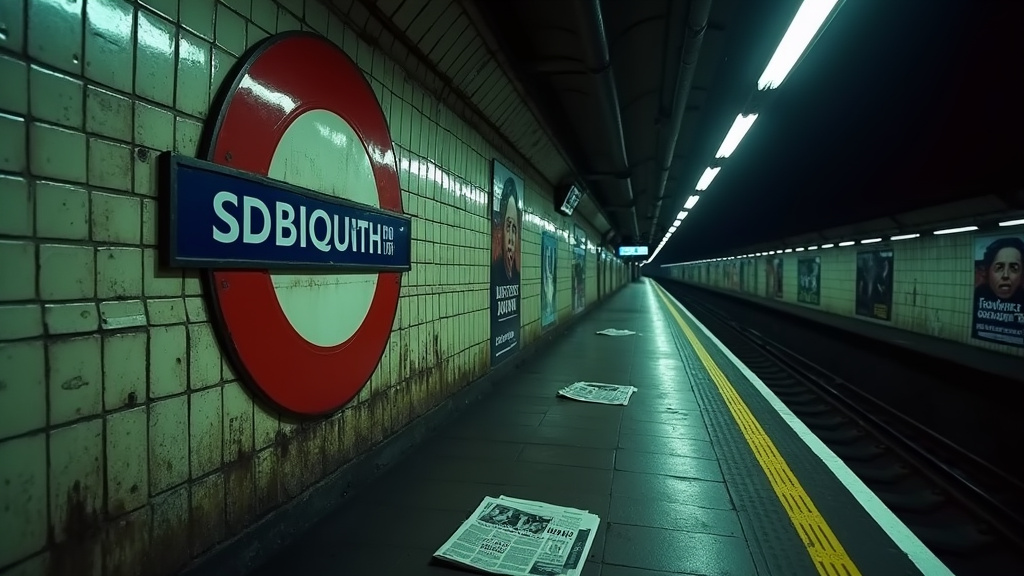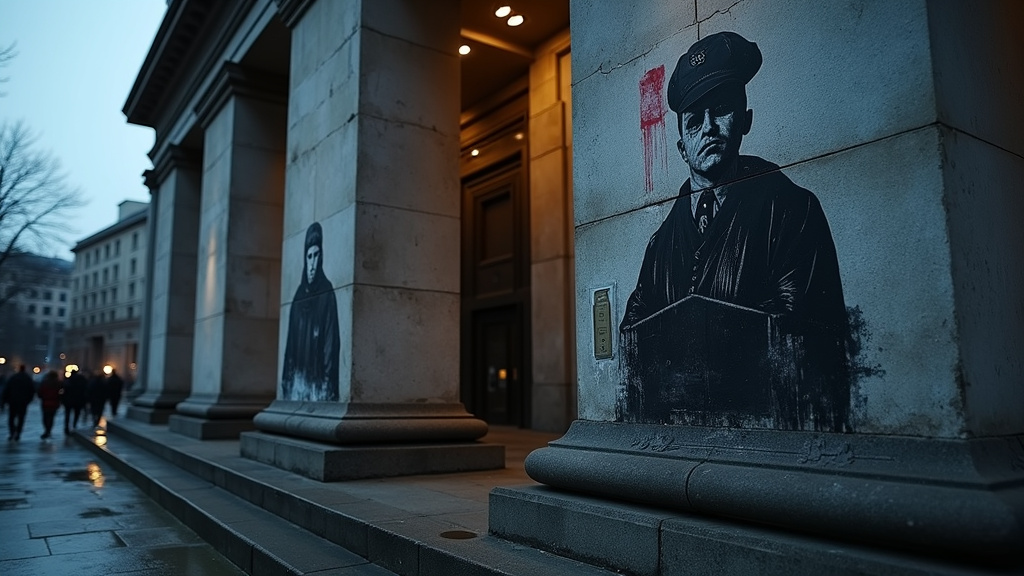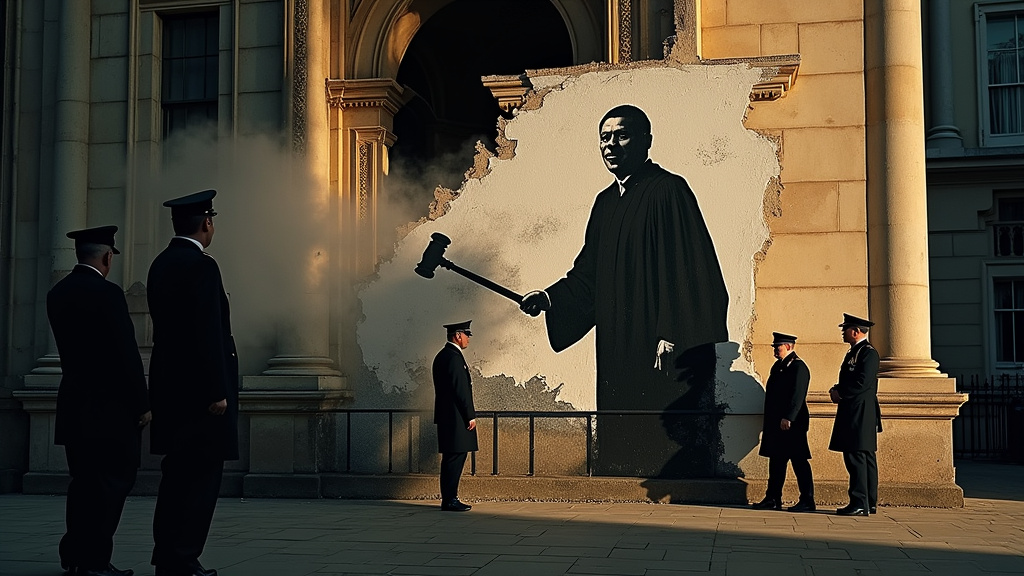London is bracing for a week of significant travel chaos as thousands of Rail, Maritime and Transport (RMT) union members, including drivers, signallers, and maintenance staff, commenced a five-day strike on Sunday, September 7th, 2025. The industrial action, stemming from a bitter dispute over pay and working conditions, is expected to bring the London Underground to a near standstill, causing immense disruption for commuters, tourists, and businesses across the capital.
Core of the Dispute: Pay Versus Working Hours
The strike action, which is set to continue until Friday morning, September 12th, arises from a breakdown in negotiations between the RMT and Transport for London (TfL). At the heart of the disagreement is TfL’s offer of a 3.4% pay rise, which the transport authority deems fair and in line with inflation and other rail industry settlements. However, the RMT is pushing for a significant reduction in the contractual working week, moving towards a 32-hour week to address fatigue and improve staff well-being. TfL has stated this demand is “neither practical nor affordable,” estimating the cost to be in the hundreds of millions of pounds.
The RMT union asserts that its members have experienced a real-terms pay decline since 2020 and are feeling the strain of increased workloads due to a reduction of approximately 2,000 staff since 2018. Union leaders point to TfL’s reported financial surplus of £166 million in the previous year and a £10 billion annual operating budget as evidence that a shorter working week is feasible. RMT General Secretary Eddie Dempsey has emphasized that the union is not seeking exorbitant pay but rather addressing serious issues impacting members’ health and well-being. The union also claims that TfL management has failed to engage seriously with their demands and has not honoured previous agreements.
Widespread Service Paralysis Expected
Transport for London has issued stark warnings about the expected impact of the strike. From Monday, September 8th, to Thursday, September 11th, passengers can anticipate few to no Tube services operating across the entire network. Services that do run on Monday are expected to start no earlier than 8 am and cease by 6 pm. Disruption began on Sunday, September 7th, with limited services and an early finish for most lines.
Adding to the travel woes, workers on the Docklands Light Railway (DLR) will also participate in strike action on Tuesday, September 9th, and Thursday, September 11th, due to a separate but related dispute over pay and conditions. This will result in no DLR services on these two days.
Impact on Other Transport and Businesses
While services like the Elizabeth Line, London Overground, and buses will continue to operate, they are expected to be extremely busy, with passengers advised to check before they travel and allow for significant extra journey times. Some stations shared with the Underground network may experience limited access, and trains on these alternative lines might not stop at all stations. Road networks are also anticipated to face severe congestion.
The industrial action is projected to have a substantial economic impact, with estimates suggesting a direct loss of around £230 million, affecting hospitality and retail sectors in London. Major events have also been impacted, with some concerts, including Coldplay’s shows at Wembley Stadium, having to be rescheduled due to the impossibility of safely transporting large numbers of attendees without Tube services.
TfL’s Appeal and Traveler Advice
TfL has repeatedly urged the RMT to suspend the strike action and put the 3.4% pay offer to its members, highlighting that this offer is consistent with deals accepted by the RMT in other parts of the rail industry. However, the union has thus far refused, maintaining its stance on the necessity of addressing working hours and fatigue.
Travelers are strongly advised to plan their journeys meticulously, utilize TfL’s journey planner, and consider alternative modes of transport such as walking or cycling where feasible. With services expected to be severely limited and alternatives heavily congested, preparation and flexibility will be key for navigating the capital this week. There have been calls for the Mayor of London to intervene in the dispute, though no new negotiations have been reported as scheduled. This news regarding the Tube strike will be closely followed by commuters and businesses alike.





